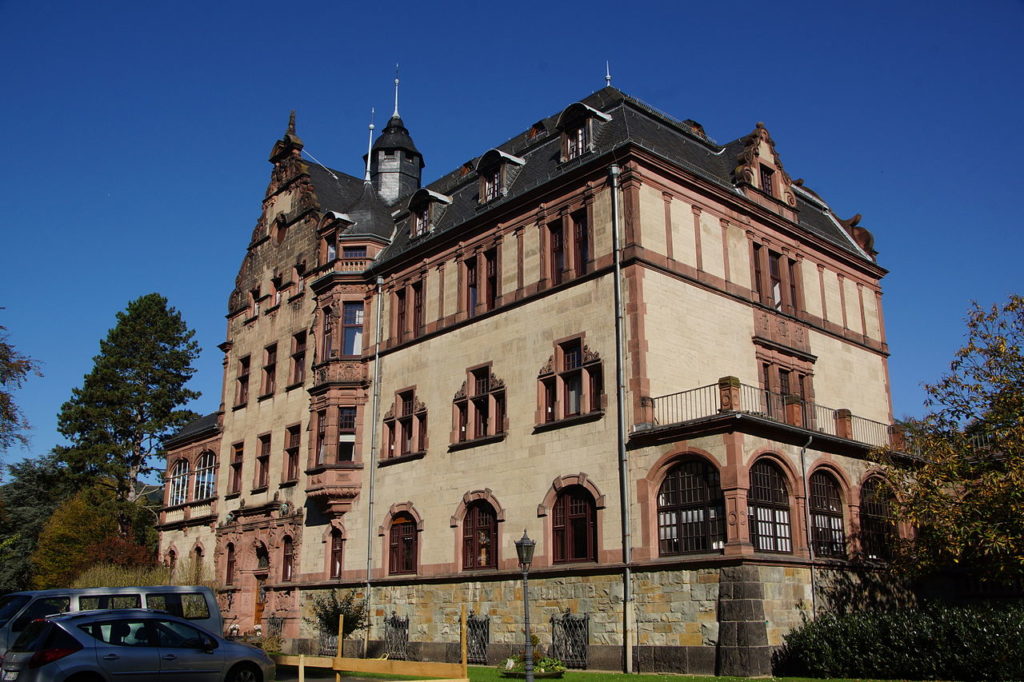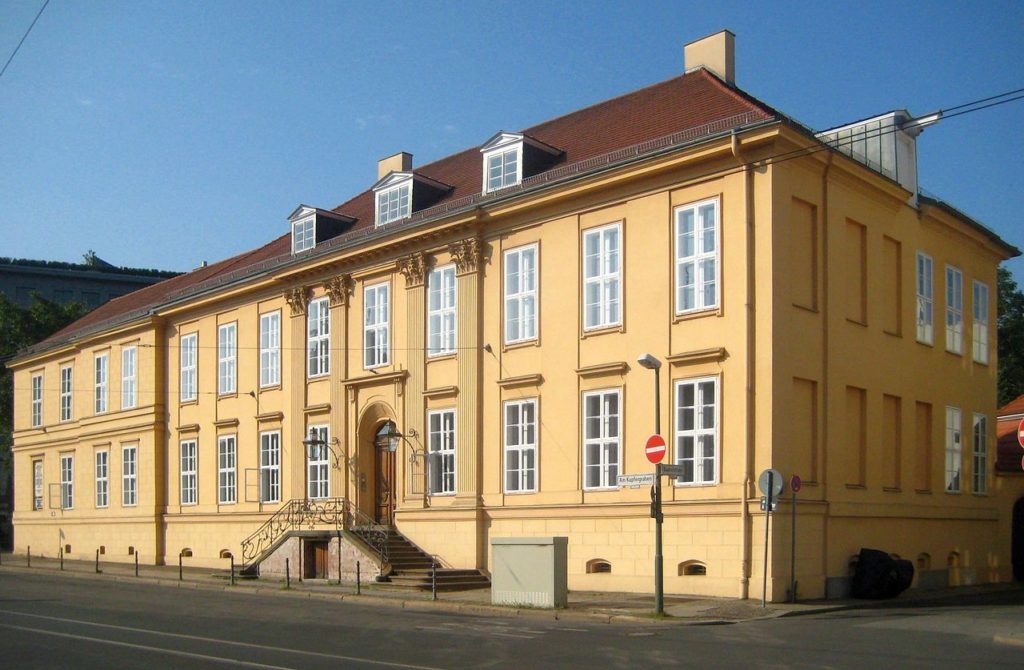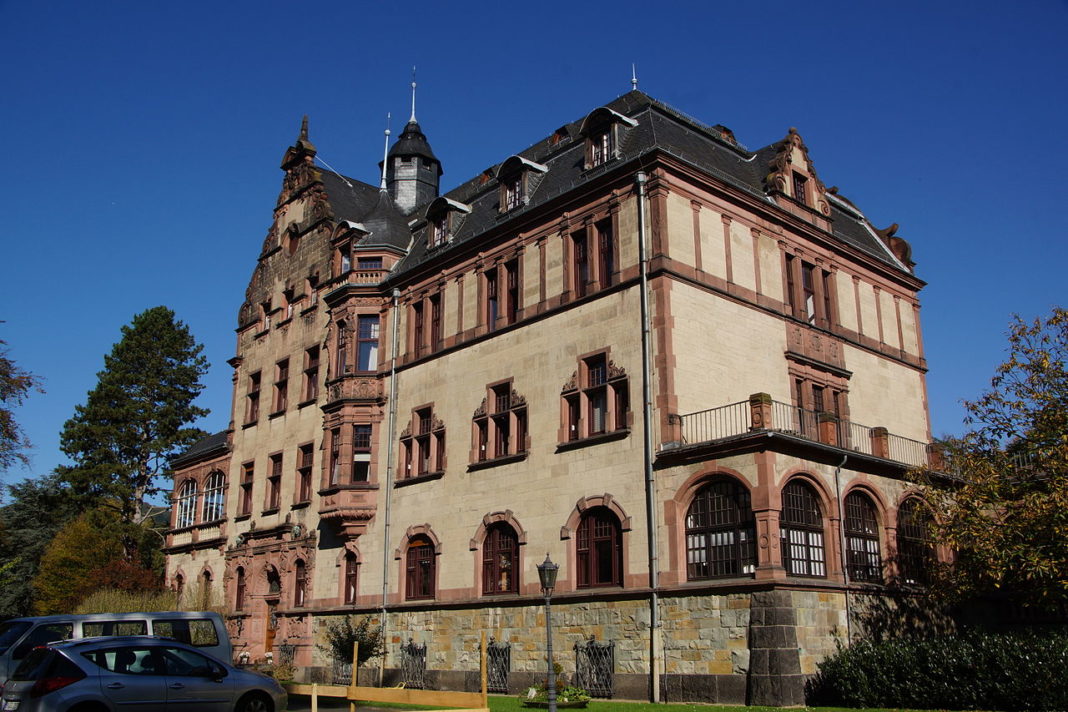The German Physical Society (German: Deutsche Physikalische Gesellschaft, DPG) is the oldest organization of physicists. The DPG’s worldwide membership is cited as 60,547, as of 2019, making it the largest physics society in the world.

DPG holds an annual conference and multiple spring conferences (Frühjahrstagungen), which are held at various locations and along topical subjects of given sections of the DPG. The DPG serves the fields of pure and applied physics. The main aims are to bring its members and all physicists living in Germany closer together, represent their entirety outwards as well as foster the exchange of ideas between its members and foreign colleagues. The DPG binds itself and its members to advocate for freedom, tolerance, veracity, and dignity in science and to be aware of the fact that the people working in science are responsible to a particularly high extent for the configuration of the overall human activity.
The DPG itself does not carry out any research, but its conferences promote the sharing of information about the latest findings in the field of physics. The traditional spring meetings held by the DPG each year at venues across the country are among the largest physics conferences in Europe, attended by around 10,000 experts from Germany and abroad.

Fostering young talent is another central concern of the DPG: its conferences provide a platform, particularly for younger scientists. The conferences provide students with opportunities to meet renowned scientists in person. The DPG also runs a nationwide network for physics students in the working group Young DPG. Female physicists have a forum of their own in the annual German Conference of Women in Physics.
According to the Wikipedia














